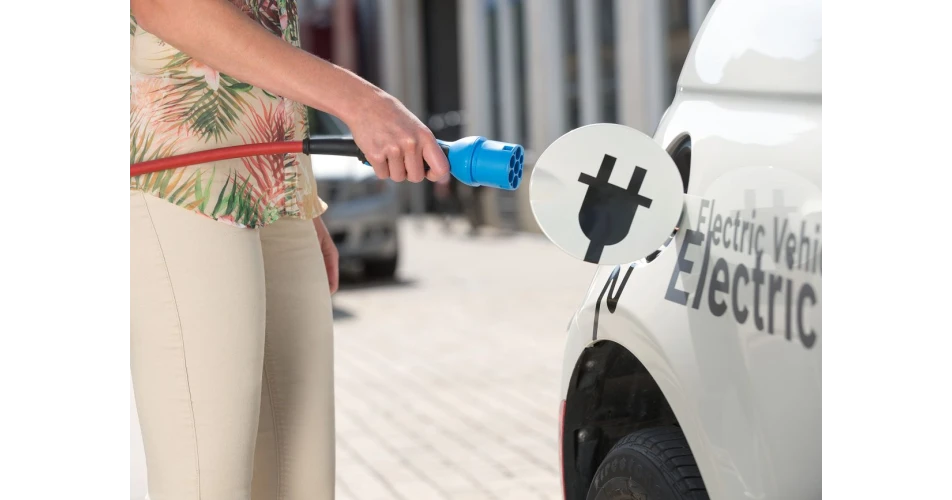Electric vehicles will play a major role in satisfying our transportation needs in the near future, but it is the connected electric vehicle that has the greatest potential. That was the message of Dr. Volkmar Denner, chairman of the board of management of Robert Bosch GmbH, at the Car Symposium in Bochum, Germany.
Dr. Denner said powertrain electrification was picking up pace and even the recent slump in oil prices will not change this. He expects roughly 15 percent of all new cars built worldwide to have at least a hybrid powertrain by 2025 and says the key to this are advances in battery technology which will lower electric vehicle prices. Denner, whose responsibilities on the board of management include research and advance development, believes that by 2020 batteries will deliver twice as much energy density for half the present cost.
The EU has set strict fleet CO2targets for 2021. For this reason alone, Bosch expects hybrid powertrains to become the standard for SUVs. This will give diesel and petrol engines an extra boost. “Electrification will take combustion engines to new heights,” Denner said. With electric support, the combustion engines of the future will consume significantly less fuel and be even cleaner.
Denner also believes connectivity will be key to electric vehicle success. He said, “Electric cars are good but connected electric cars are better.” At the moment, recharging vehicles is complicated. But this is expected to become much more convenient. The Bosch Group’s software and systems unit, has developed an app that makes it significantly easier to reserve the charge spots of different providers and pay for the electricity. Up to now, doing this would have required a different customer card for each provider. Now all drivers need is a smartphone, the app, and a PayPal account to recharge anywhere in Germany. Bosch also complements this with a software platform that links 80 percent of all charge spots in Germany. As this example shows, Bosch no longer sees itself solely as a supplier of automotive components. The company is now combining its expertise in all three mobility domains, automation, electrification, and connectivity and will in the future be offering its customers integrated mobility solutions.
Another important factor will be the drivers view of electric vehicles in terms of emotion and fun. Denner says the example of e-bike drives illustrates this. Bosch’s “electric tailwind” makes riding a bike a joy for serious athletes as well as recreational cyclists. Bosch is now the European market leader in this area, and its e-bike drives feature in more than 50 bike brands. “The e-bike is the most successful electric vehicle in the EU,” Denner said, adding that customers pay considerably more on average for e-bikes than they do for classic ones. “
The Bosch CEO stressed that the supplier of technology and services will be using its comprehensive systems and connectivity know-how to take electromobility a decisive step forward.
